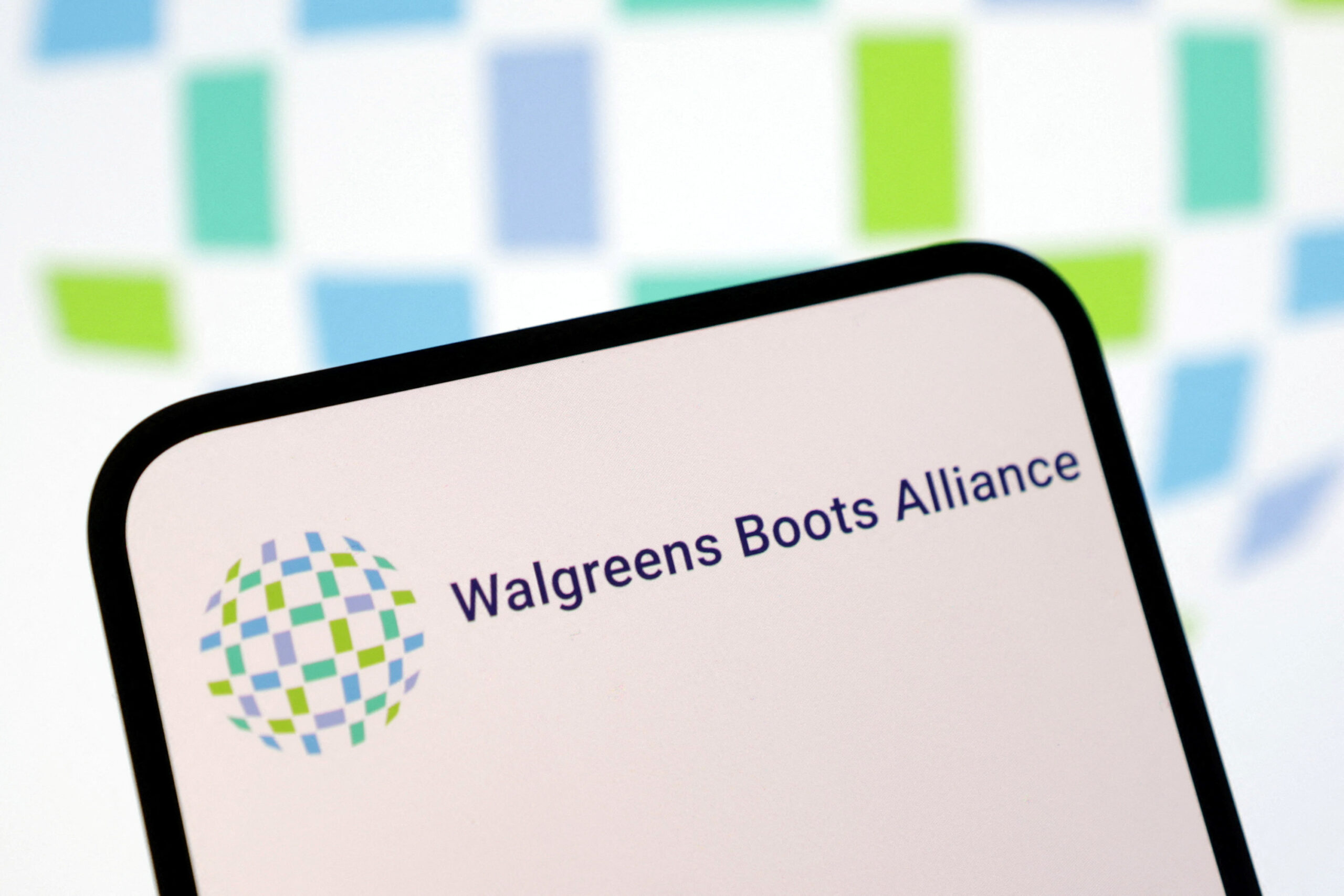Source: Davit Kirakosyan
Walgreens Boots Alliance Surpasses Third-Quarter Expectations
In a recent financial update, Walgreens Boots Alliance (NASDAQ:WBA) revealed that they have exceeded third-quarter expectations. This news arrives as the pharmacy chain is preparing to transition into a private company through a $10 billion deal with private equity firm Sycamore Partners. The deal is considered a strategic move in response to the ongoing retail headwinds that have been challenging the company in recent years.
The company’s third-quarter results were bolstered by the implementation of cost-saving measures that have helped to counteract these challenges. The performance of Walgreens Boots Alliance in this quarter suggests that the company’s efforts to streamline its operations and reduce costs have begun to pay off.
Details of the Third-Quarter Results
Walgreens posted an adjusted EPS (Earnings Per Share) of $0.38 for the third quarter. Although this figure is lower than the $0.63 reported in the same period last year, it exceeds the consensus estimate of $0.31. This suggests that the company’s profitability is holding up better than expected despite the pressures of a challenging retail environment.
Sales also experienced an upward trend, rising 7.2% year-over-year to a substantial $39 billion. This figure surpasses analyst estimates, which predicted sales of $36.79 billion. The company’s ability to generate revenue growth in a difficult market underscores the resilience and adaptability of its business model.
However, due to its impending privatization, Walgreens did not issue any financial guidance for future periods. The privatization deal is slated to close in late 2025, provided it receives the necessary regulatory and shareholder approval.
Implications of the Privatization Deal
As a part of the privatization deal, Walgreens shares will be delisted from the Nasdaq. This move marks a significant shift in the company’s history and corporate structure.
Walgreens, once valued at $100 billion, has faced a tough retail landscape in recent years. It has grappled with shrinking drug margins and intense competition from retail behemoths like Walmart and Amazon. These factors have resulted in a significant erosion of the company’s market value.
Under the leadership of CEO Tim Wentworth, Walgreens has responded to these challenges with aggressive cost-cutting measures. The company has closed thousands of stores and has set a target of achieving $1 billion in annual savings.
Looking Ahead
The decision to go private can provide Walgreens with the opportunity to operate away from the public eye, allowing it to focus on long-term strategies without the pressure of quarterly earnings expectations.
Moreover, the partnership with Sycamore Partners can potentially offer Walgreens the financial backing and strategic guidance needed to navigate the current retail challenges. Sycamore Partners has a history of investing in retail companies and could provide the expertise necessary for Walgreens to pivot its business model successfully.
While the privatization move represents a significant change for Walgreens, the company’s better-than-expected third-quarter results suggest that it is moving in the right direction. As Walgreens continues to adapt to the changing retail landscape, it will be interesting to see how these transformations impact its performance in the coming years.
In conclusion, Walgreens Boots Alliance’s ability to surpass expectations in the third quarter, despite ongoing retail headwinds, speaks to the effectiveness of its cost-saving strategies and its resilience in a challenging market. As the company prepares to go private, shareholders and industry observers will be closely watching how this strategic shift will shape the future of this longstanding pharmacy chain.

